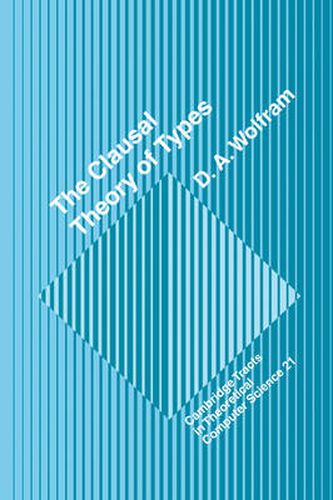Readings Newsletter
Become a Readings Member to make your shopping experience even easier.
Sign in or sign up for free!
You’re not far away from qualifying for FREE standard shipping within Australia
You’ve qualified for FREE standard shipping within Australia
The cart is loading…






Logic programming was based on first-order logic. Higher-order logics can also lead to theories of theorem-proving. This book introduces just such a theory, based on a lambda-calculus formulation of a clausal logic with equality, known as the Clausal Theory of Types. By restricting this logic to Horn clauses, a new and concise form of logic programming that incorporates functional programming is achieved. The book begins by reviewing the fundamental Skolem-Herbrand-Godel Theorem and resolution, which are then extrapolated to a higher-order setting; this requires introducing higher-order equational unification which builds in higher-order equational theories and uses higher-order rewriting. The logic programming language derived has the unique property of being sound and complete with respect to Henkin-Andrews general models, and consequently of treating equivalent terms as identical. The book can be used for graduate courses in theorem-proving, but will be of interest to all working in declarative programming.
$9.00 standard shipping within Australia
FREE standard shipping within Australia for orders over $100.00
Express & International shipping calculated at checkout
Logic programming was based on first-order logic. Higher-order logics can also lead to theories of theorem-proving. This book introduces just such a theory, based on a lambda-calculus formulation of a clausal logic with equality, known as the Clausal Theory of Types. By restricting this logic to Horn clauses, a new and concise form of logic programming that incorporates functional programming is achieved. The book begins by reviewing the fundamental Skolem-Herbrand-Godel Theorem and resolution, which are then extrapolated to a higher-order setting; this requires introducing higher-order equational unification which builds in higher-order equational theories and uses higher-order rewriting. The logic programming language derived has the unique property of being sound and complete with respect to Henkin-Andrews general models, and consequently of treating equivalent terms as identical. The book can be used for graduate courses in theorem-proving, but will be of interest to all working in declarative programming.